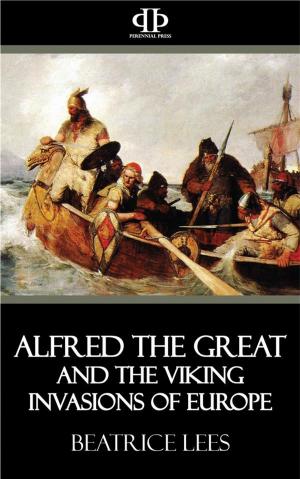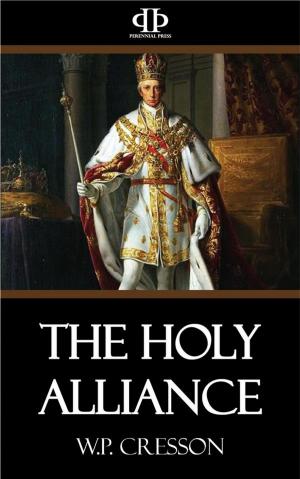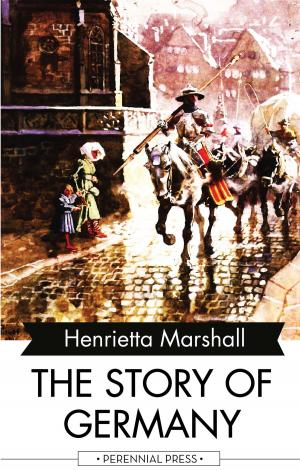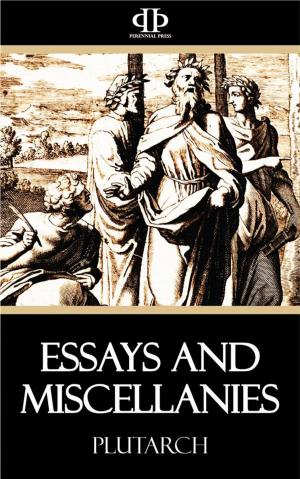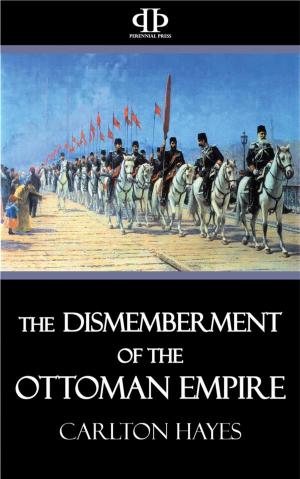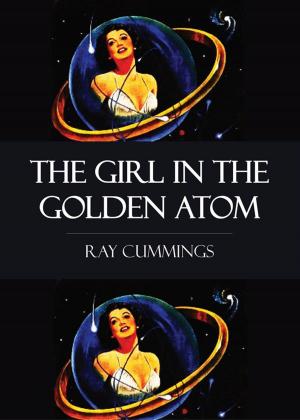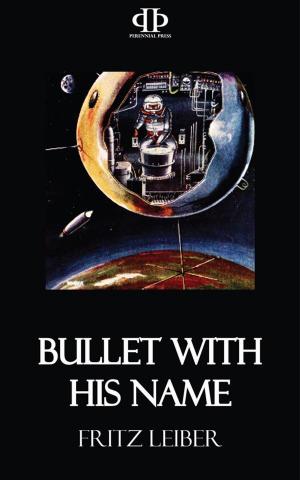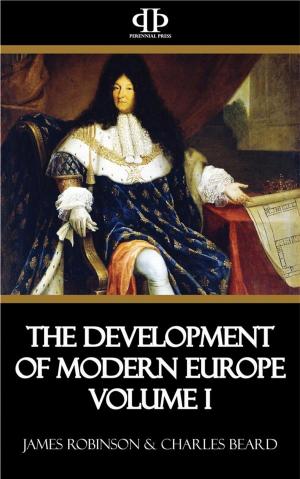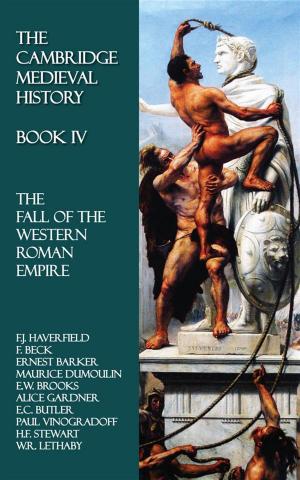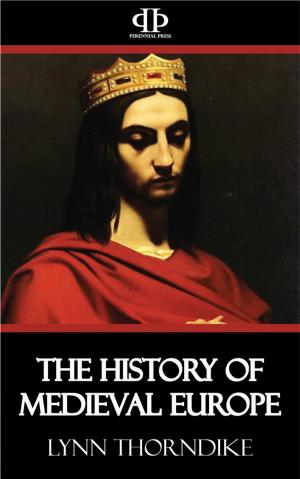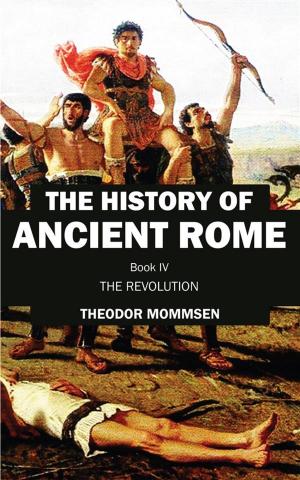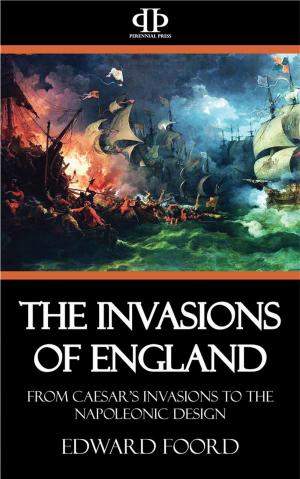| Author: | Hans Prutz | ISBN: | 9781518336812 |
| Publisher: | Perennial Press | Publication: | December 14, 2015 |
| Imprint: | Language: | English |
| Author: | Hans Prutz |
| ISBN: | 9781518336812 |
| Publisher: | Perennial Press |
| Publication: | December 14, 2015 |
| Imprint: | |
| Language: | English |
THE mighty movement of the nations, which led the Germanic peoples from their northern home into the interior of the Roman empire, and finally made them masters of the West, lasted about five hundred years, from its beginning in the Marcomannic War (A.D. 167) until, with the rise of the Franks and the enlargement of their state under the Merovingian kings, there emerged the firm foundations of a new system of government for the West which promised to be of long duration.
On these foundations arose a mighty empire. The feeling of antagonism and hostility between Germans and Romans gradually became less intense; and the stimulus which each gave to the other, and the exchange of ideas between them, vastly increased. As this process went on, there arose a new civilization, which bound together both peoples for centuries in intimate association. The political form under which this great process of civilization appears was supplied by the German-Roman Empire of the Carolingians, the gigantic yet simple and natural creation of the most gifted ruler that the Middle Ages produced. By this means Charlemagne brought the youthful strength of his German countrymen under the discipline of the Roman intellectual life, of which the church was the channel. Thus he educated and refined them, and by the organic union which was gradually effected between their own natural qualities and the culture acquired from abroad, prepared them to render the greatest services to mankind. Hence the Germanic and Romance peoples never could forget or deny the fact that the roots of their civilization sprang from the same soil. As opposed to Greeks and Arabs, Slavic and North-German heathen, and the barbarians of Finno-Uralic stock who repeatedly pressed upon them, they were forced to recognize one another as the representatives of the same great interests of a progressive civilization. Both reverenced in the great emperor, about whom the halo of tradition sheds its lustre, at once the creator of their state and the founder of their nationality...
THE mighty movement of the nations, which led the Germanic peoples from their northern home into the interior of the Roman empire, and finally made them masters of the West, lasted about five hundred years, from its beginning in the Marcomannic War (A.D. 167) until, with the rise of the Franks and the enlargement of their state under the Merovingian kings, there emerged the firm foundations of a new system of government for the West which promised to be of long duration.
On these foundations arose a mighty empire. The feeling of antagonism and hostility between Germans and Romans gradually became less intense; and the stimulus which each gave to the other, and the exchange of ideas between them, vastly increased. As this process went on, there arose a new civilization, which bound together both peoples for centuries in intimate association. The political form under which this great process of civilization appears was supplied by the German-Roman Empire of the Carolingians, the gigantic yet simple and natural creation of the most gifted ruler that the Middle Ages produced. By this means Charlemagne brought the youthful strength of his German countrymen under the discipline of the Roman intellectual life, of which the church was the channel. Thus he educated and refined them, and by the organic union which was gradually effected between their own natural qualities and the culture acquired from abroad, prepared them to render the greatest services to mankind. Hence the Germanic and Romance peoples never could forget or deny the fact that the roots of their civilization sprang from the same soil. As opposed to Greeks and Arabs, Slavic and North-German heathen, and the barbarians of Finno-Uralic stock who repeatedly pressed upon them, they were forced to recognize one another as the representatives of the same great interests of a progressive civilization. Both reverenced in the great emperor, about whom the halo of tradition sheds its lustre, at once the creator of their state and the founder of their nationality...

